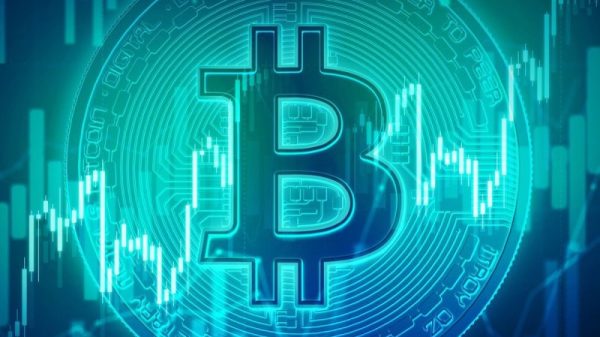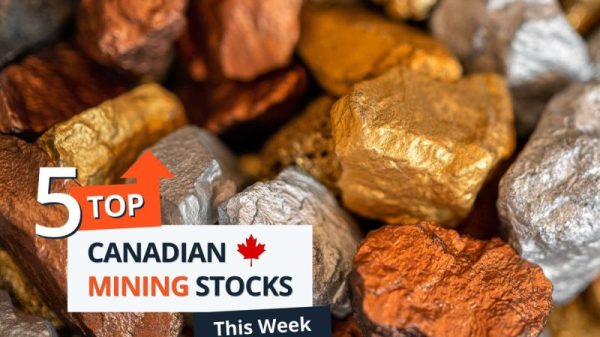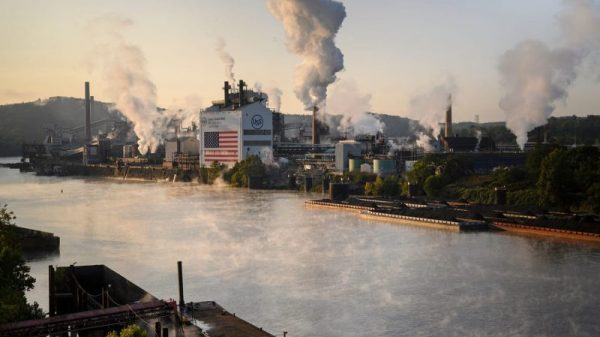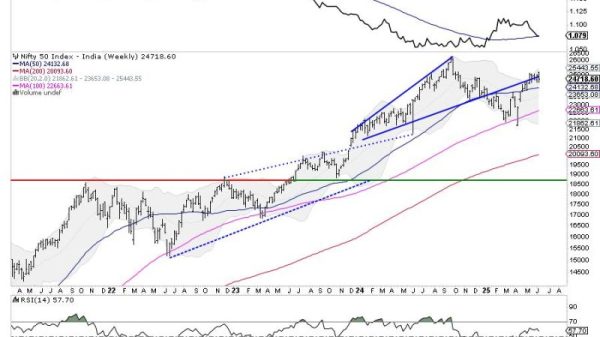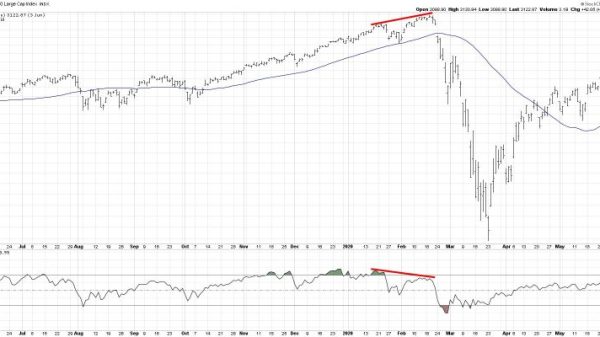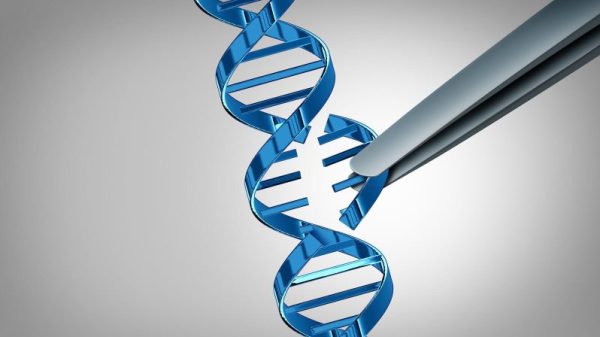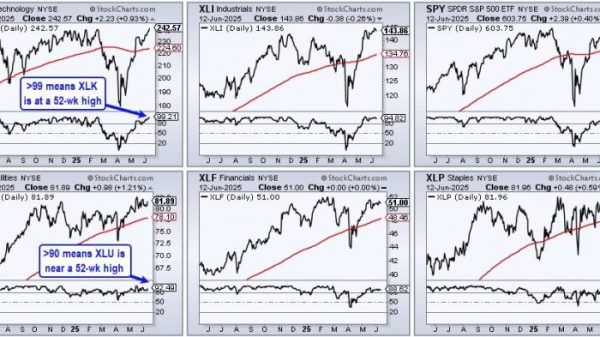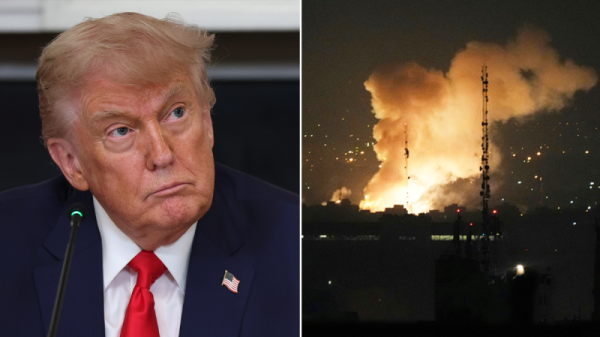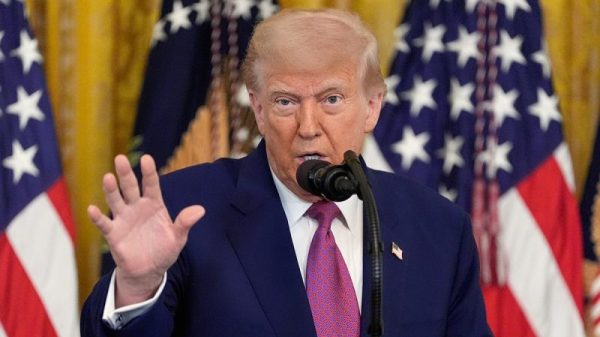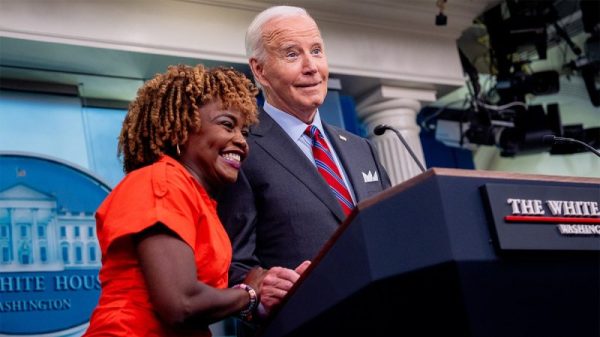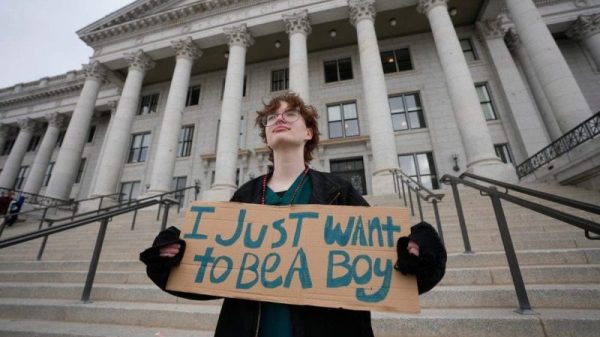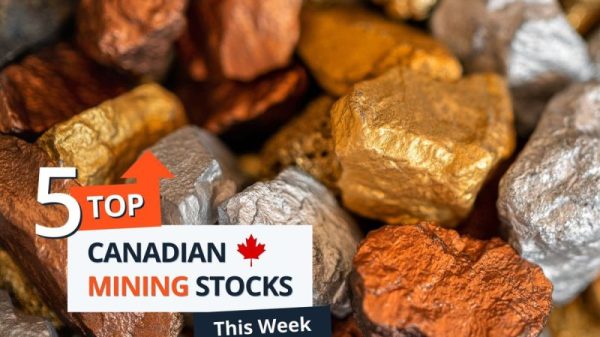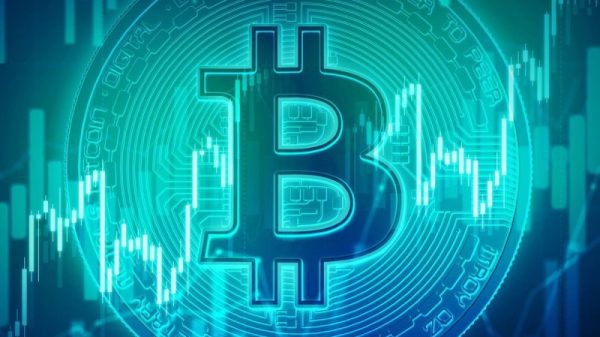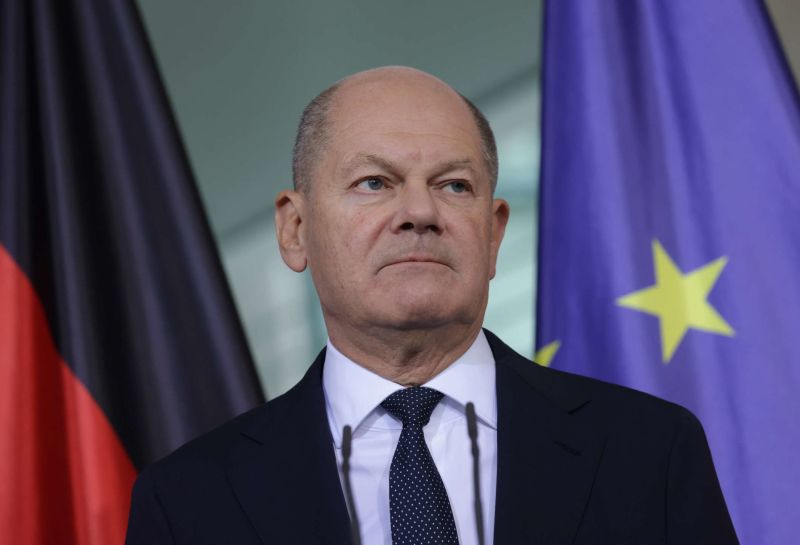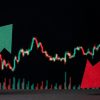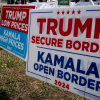Germany’s governing coalition has collapsed after disagreements over the country’s weak economy led Chancellor Olaf Scholz to sack his finance minister.
Christian Lindner’s dismissal prompted him to withdraw his Free Democrats Party (FDP) from a coalition with Scholz’s Social Democratic Party (SPD), leaving Scholz in a minority government with the Green Party.
Scholz said he would now call a confidence vote for January 15, which, if he lost, could allow elections to be held by the end of March next year – six months earlier than the elections planned for September 2025.
Germany now faces turmoil at a time of broader uncertainty. The political crisis was triggered just hours after it was announced former US President Donald Trump will get a second term – an election outcome that could bring further woes to Germany’s economy as well as threaten Europe’s united front on key issues. Here’s what we know.
Is a snap election unusual for Germany?
Political stability is the norm for Germany, with power largely moving between the SPD and conservative rival, the CDU. The country’s previous leader, Angela Merkel, held power for 16 years and was a steady presence on the European stage as others came and went. She had a famously testy relationship with Trump.
Germany’s last snap election was in 2005. They were called by then-Chancellor Gerhard Schröder, who subsequently lost to Merkel.
Merkel retired from her position as German chancellor in 2021.
The center-left Social Democratic Party (SPD) stepped up to fill the gap she left when it emerged as the largest party in Germany’s parliament, or Bundestag, in the 2021 federal election. Following the all-powerful and ever-popular Merkel was always going to be fraught with difficulties.
The SPD cobbled together a government with the FDP and the Greens, which have ruled as a “traffic light” coalition since December of that year, referring to the different parties colors.
How successful has Germany’s “traffic light” coalition been?
Bringing together three ideologically different parties into one coalition has not always made for a comfortable alliance, and the SPD-led coalition has faced challenges from the start.
The alliance brought together the FDP, a business-focused party that advocates for a free market and a fiscally conservative approach, with the SPD and the Greens, two left-wing parties that require government spending for social and environmental policies.
The coalition has been at loggerheads over how to revive Germany’s economy. It has also been under pressure from burgeoning far-right, as well as more recently, far-left forces.
The Alternative für Deutschland (AfD) made significant gains in recent years, becoming the first far-right party to win a state election since the Nazi era in September, when it emerged as the strongest in the eastern state of Thuringia.
In efforts to counter the AfD, Scholz’s government was spurred into action on migration, announcing new security measures aimed at speeding up the deportation of rejected asylum seekers and shoring up border controls.
Why have things collapsed now?
Months of tensions over Germany’s budget policy and economic direction boiled over on Wednesday. Essentially, Scholz’s demands for investment have clashed with Lindner’s more prudent approach to government borrowing.
Scholz said he fired Lindner for blocking his economic plans, telling reporters, “Lindner showed no willingness to implement any of our proposals” and, therefore, “there is no trust basis for any future cooperation.”
Lindner meanwhile accused Scholz of having asked him to pause the “debt brake” – a constitutional article that prevents the government from borrowing excessively and amassing debt – something Lindner said he was not willing to do.
The rhetoric coming from Scholz and Lindner was uncharacteristically pointed. The chancellor told reporters Wednesday night that Lindners’ “egoism is totally incomprehensible.”
Still looming over the government is the thorny issue of how to plug next year’s budget, which has a multi-billion-euro gap. With the FDP now not in the picture, its passage is even more complicated.
Carsten Brzeski, a senior economist at Dutch bank ING, cited “never-ending tensions” within the German government as well as “clear disagreement on how to get the German economy out of its current state of stagnation and structural weakness” as reasons for the collapse.
What problems is Germany’s economy facing?
Germany’s economy, Europe’s largest, shrank last year for the first time since the onset of the Covid-19 pandemic.
Over the last five years, it has grown only 0.2% , compared with 4.6% growth in the 20 countries that use the euro, 4.1% in France and 5.5% in Italy.
There are a number of reasons for Germany’s economic stagnation. The country’s energy-intensive businesses have suffered from the lingering impact of the energy crisis sparked by Russia’s war in Ukraine. Germany’s problems are also structural, ranging from high labor costs, a rapidly aging population and red tape to outdated physical and digital infrastructure.
It faces competition from China in the manufacturing of some of its main exports, which has delivered high-profile damage to Germany’s famous automobile industry. Volkswagen, Germany’s largest manufacturer, is considering factory closures in its home country for the first time in its 87-year history.
What happens now?
Scholz is expected to head a minority government. He would have to rely on cobbled-together parliamentary majorities to pass legislation, until the vote of confidence in January.
He will likely turn to Merz and the CDU – Germany’s most popular party – for support to pass legislation in the short term.
But piling pressure on Scholz, CDU leader Friedrich Merz, the leader of the Christian Democratic Union (CDU) opposition party, has meanwhile said this is too long, and demanded a confidence vote by the beginning of next week “at the latest” rather than early next year.
The collapse of the governing coalition and political uncertainty may serve to bolster support for the far-right as people increasingly lose faith in the mainstream parties. Party leader Alice Weidel has already hailed the coalition’s collapse as a “liberation” for Germany.
“The end of the traffic light coalition is a liberation for our country. The end of the self-proclaimed ‘progressive coalition’ that took Germany to the brink of economic ruin was more than overdue,” Weidel wrote on X.




